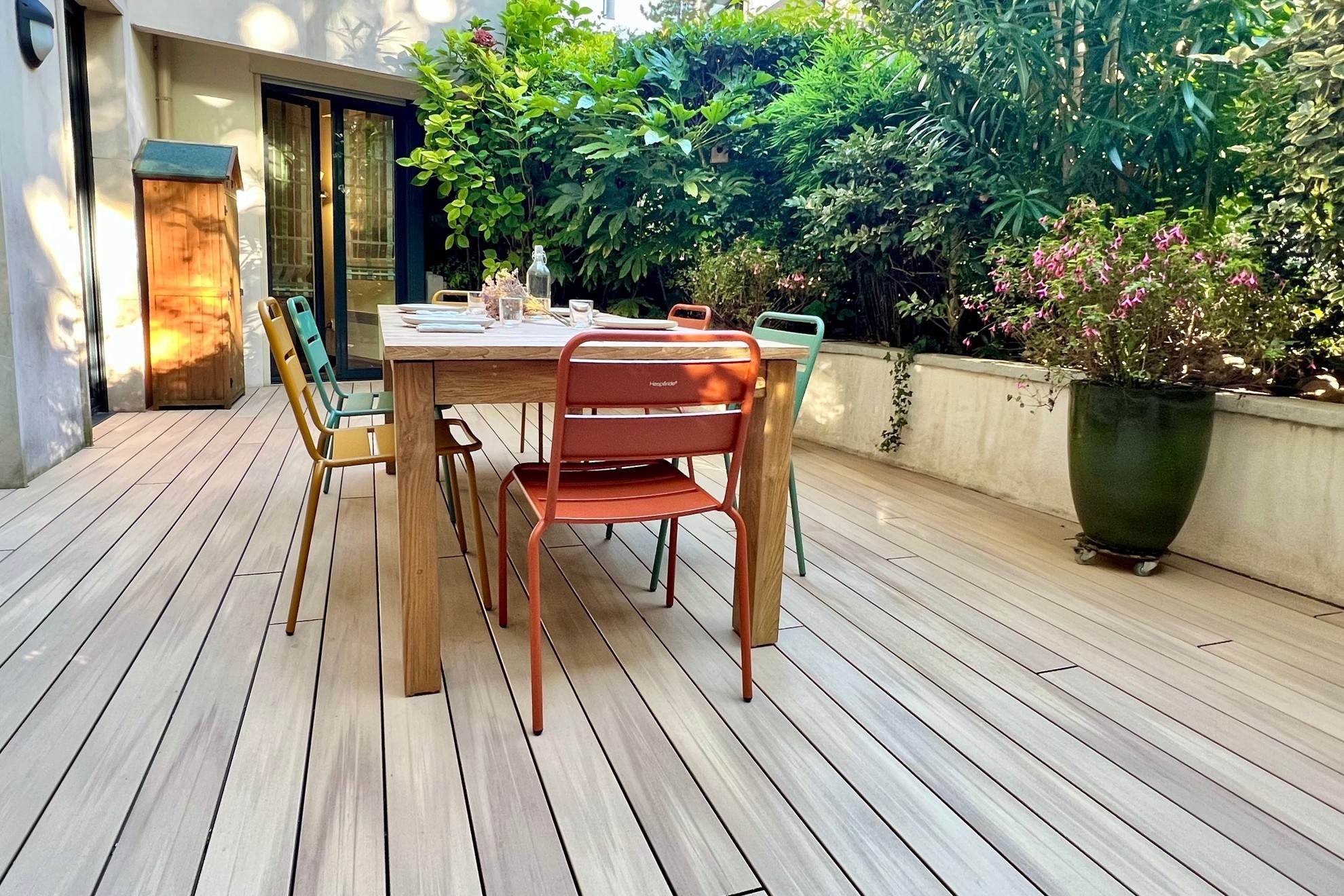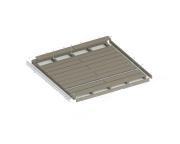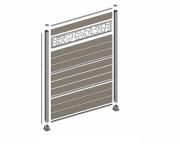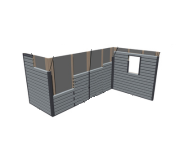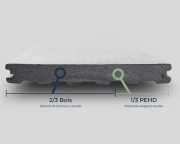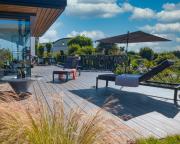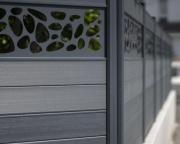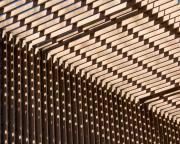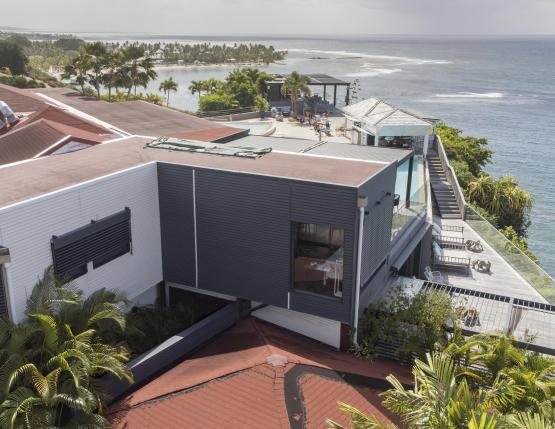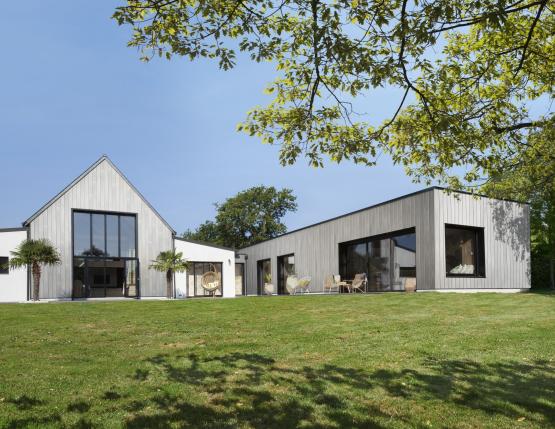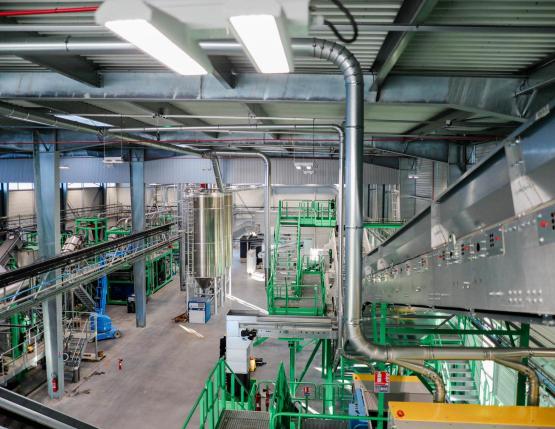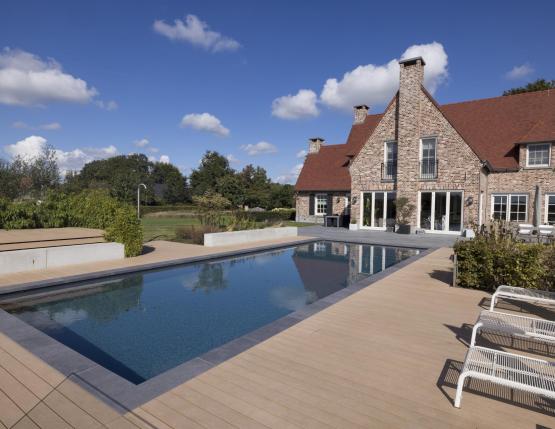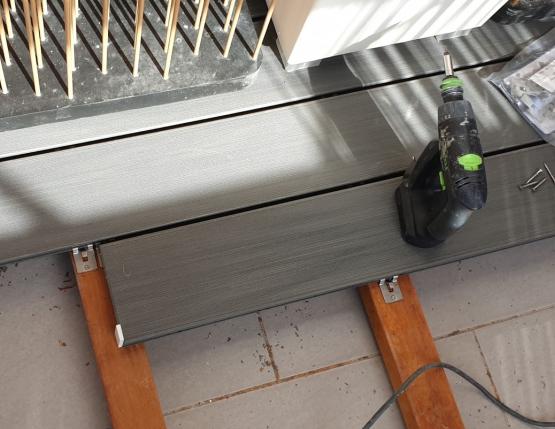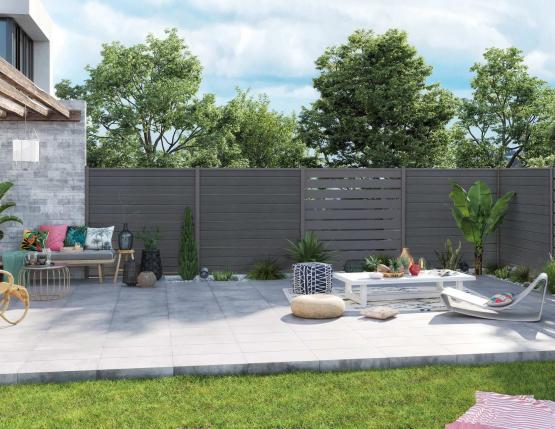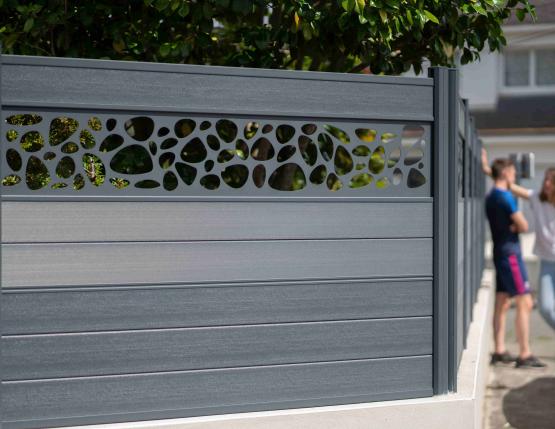When you are considering building a deck, one of the first decisions you will need to make is what material to use. The two popular options are natural wood decking and composite wood decking. Each has its advantages and disadvantages, and the choice between the two will depend on several factors. In this guide, we will examine the characteristics of each type of deck and provide tips to help you make the best decision for your project.
Characteristics of Natural Wood Decking
Natural wood decking offers a warm and traditional aesthetic that integrates well into outdoor environments. Here are some of their main characteristics:
Advantages
1. Natural appearance: Natural wood offers organic beauty and authentic texture that can be difficult to reproduce with other materials.
2. Design flexibility: Wood can be cut and shaped according to your needs, allowing for a wide variety of designs and styles.
3. Relatively easy maintenance: Although wood requires some maintenance, such as annual treatment and regular cleaning, it can be easily repaired in case of minor damage.
Disadvantages
1. Maintenance required: Unlike composite decking, natural wood requires regular maintenance to prevent rot, discoloration, and cracking. The use of generally chemical maintenance products, such as wood stains/preservatives, has a significant environmental impact.
2. Weather sensitivity: Wood is subject to rotting, discoloration, and warping when exposed to weather, which can reduce its durability.
3. Wood-boring insects can cause damage to wood by feeding on its structure, which also diminishes its durability and longevity.
Characteristics of Composite Decking
Composite decking is manufactured from a mixture of wood fibers and plastic, thus offering a durable and low-maintenance alternative to natural wood. Here's what you need to know about them:
Advantages
1. Low maintenance: Composite decking requires little maintenance, generally a simple annual cleaning with soapy water is sufficient to keep them in good condition.
2. Durability: Unlike wood, composite decking is resistant to rot, insects, and discoloration, making them ideal for outdoor environments.
3. Longevity: Composite decking tends to have a longer lifespan than natural wood, as they are less subject to degradation due to weather and wear.
Disadvantages
1. Higher initial cost: Composite decking tends to be more expensive to purchase and install than natural wood, although this may be offset by long-term maintenance savings.
2. Less authentic appearance: While manufacturers have made progress in reproducing the appearance of wood, some purists may prefer the authenticity of natural wood.
How to Make the Right Choice?
Now that you have a better understanding of the characteristics of natural wood and composite decking, here are some factors to consider to help you make your decision:
1. Budget
If your budget is limited, natural wood may be the best initial option due to its lower purchase cost. However, keep in mind the long-term maintenance costs.
2. Maintenance
If you prefer to spend less time maintaining your deck and are willing to pay a little more upfront, composite may be the ideal choice.
3. Aesthetics
Consider the overall aesthetic you want for your deck. If you're looking for a natural and warm appearance, natural wood might suit you better. If you prefer a more modern option, composite could be preferable, especially since there are now boards with an appearance very close to certain exotic wood species.
4. Durability
Consider durability and weather resistance. If your deck is exposed to harsh weather conditions, composite could offer a better long-term solution.
5. Environmental Sustainability
In all cases, prioritize local production to limit transportation. For composite wood, prefer products made from recycled materials. Also note that the absence of chemical product use throughout the lifespan of a composite deck significantly limits its environmental impact.
Composite vs bois massif : pourquoi Silvadec a fait ce choix depuis 2001
Il y a plus de vingt ans, Silvadec a fait un choix radical : ne fabriquer que du composite. Pas par défaut, mais par conviction profonde. Imputrescible, résistant aux UV, sans écharde, sans grisaillement, recyclable à 100 % dans nos propres usines : chaque force du composite est une réponse concrète aux limites du bois massif. De la terrasse à la clôture et au bardage de façade, nos gammes Élégance, Atmosphère et Nuances incarnent cette conviction — fabriquées en France et en Allemagne, garanties 25 ans, pensées pour durer sans vous contraindre.
Lames Nuances Ipé B0035
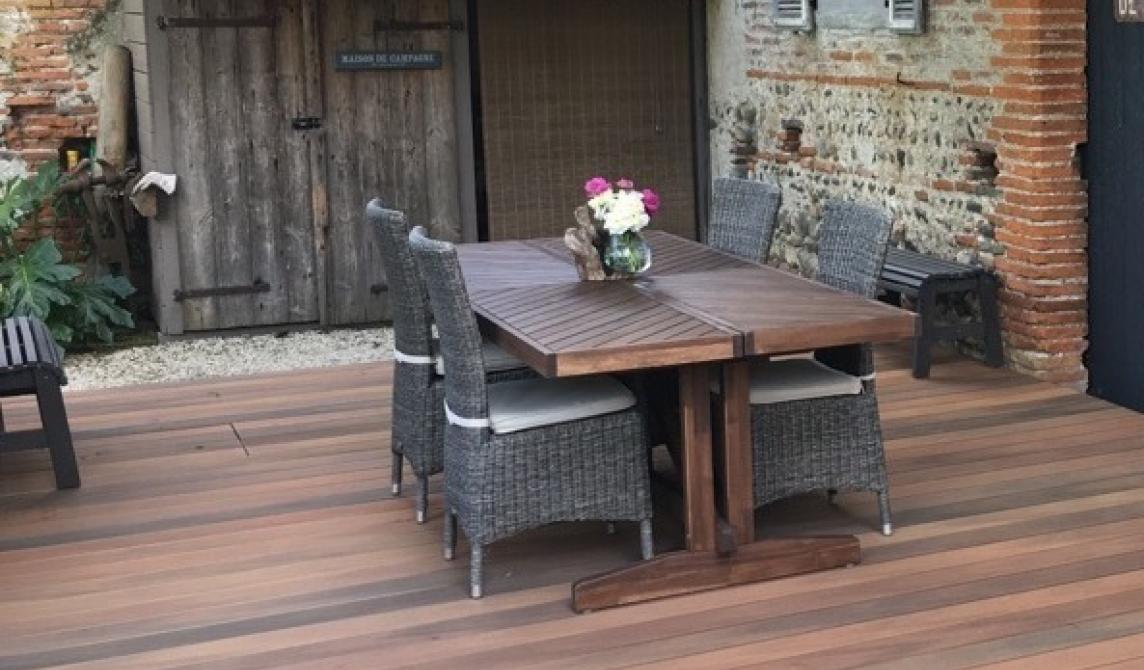
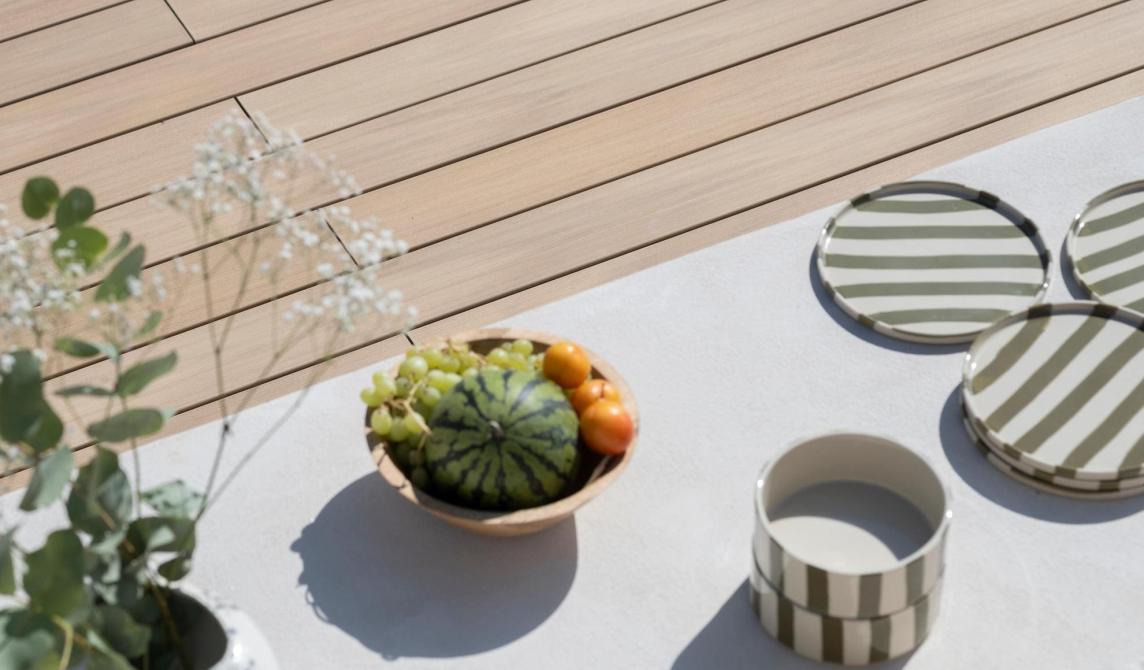
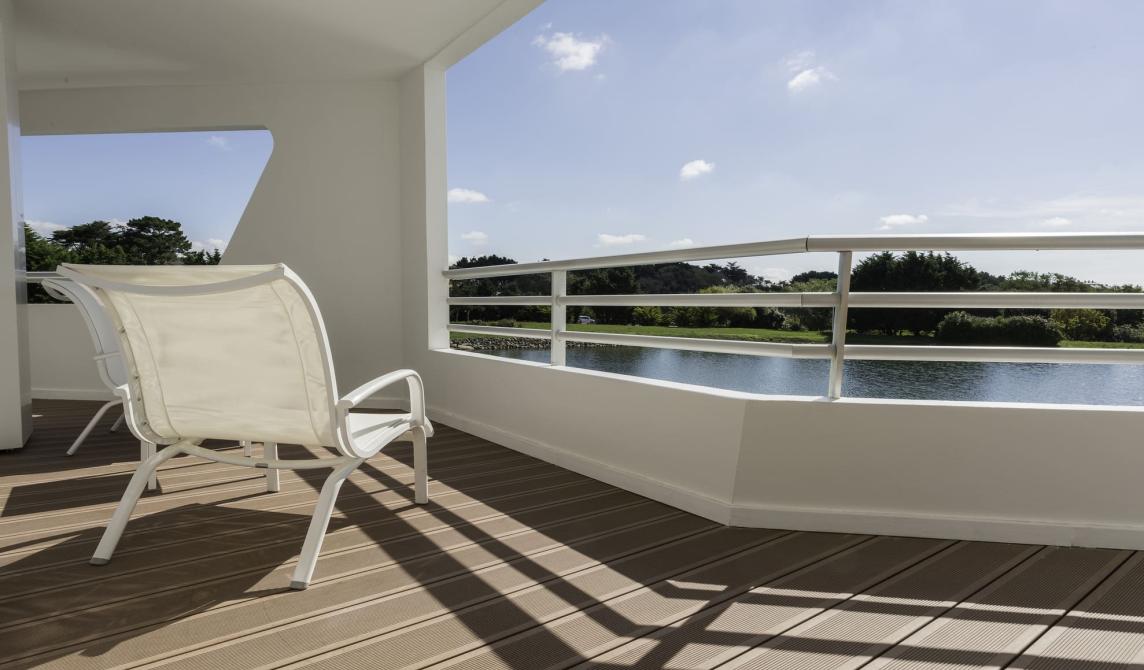
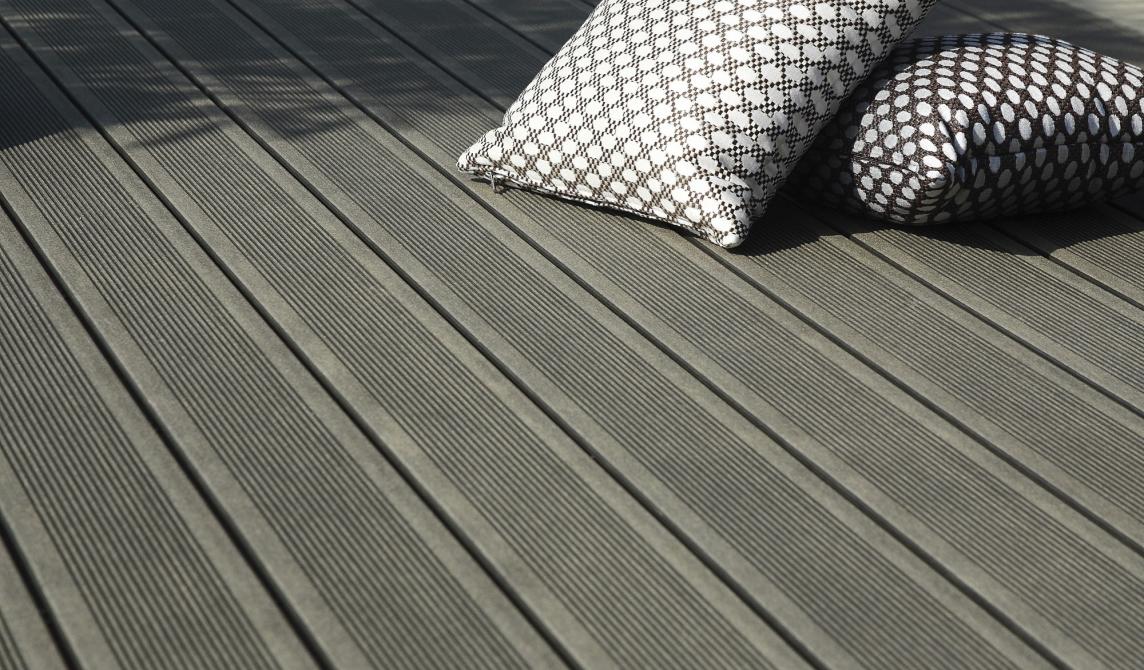
Lame Élégance gris anthracite rainurée, 138mm SILAM0903

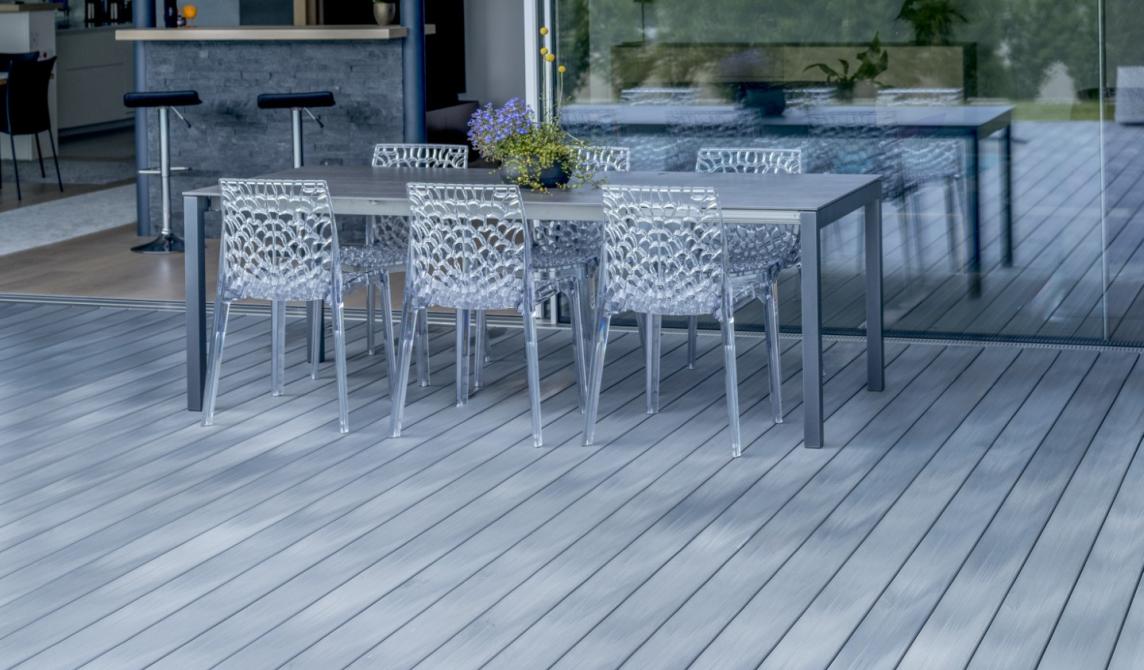
Lame Atmosphère gris Ushuaïa 138mm SILAM1609
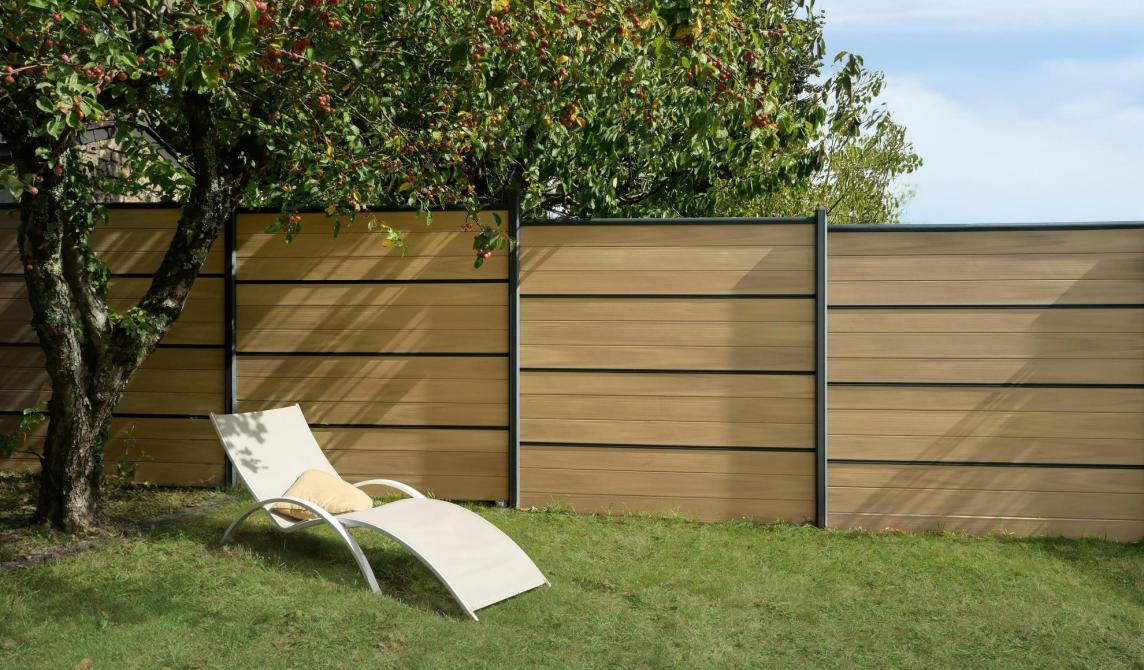

Lame écran Atmosphère gris anthracite SICLOT1404
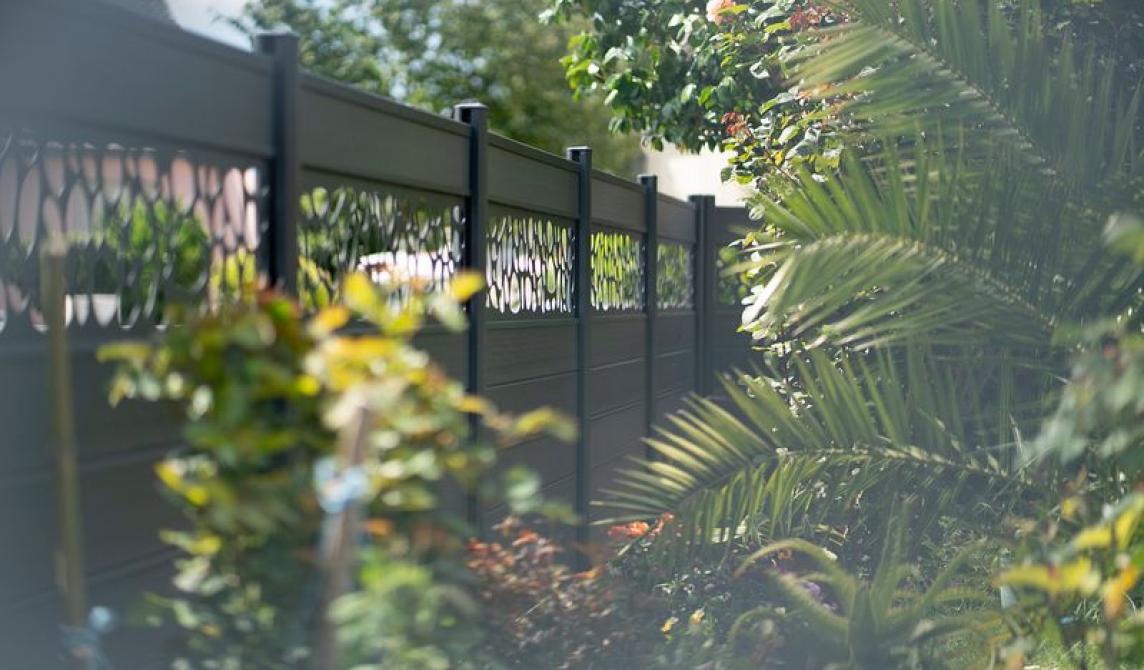
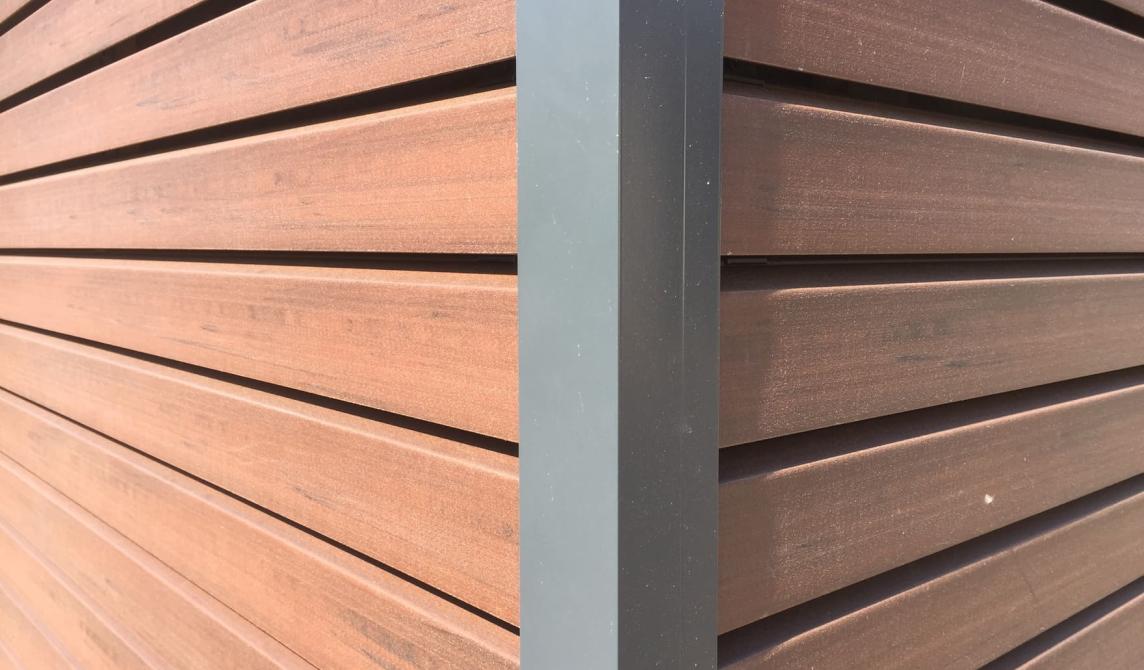
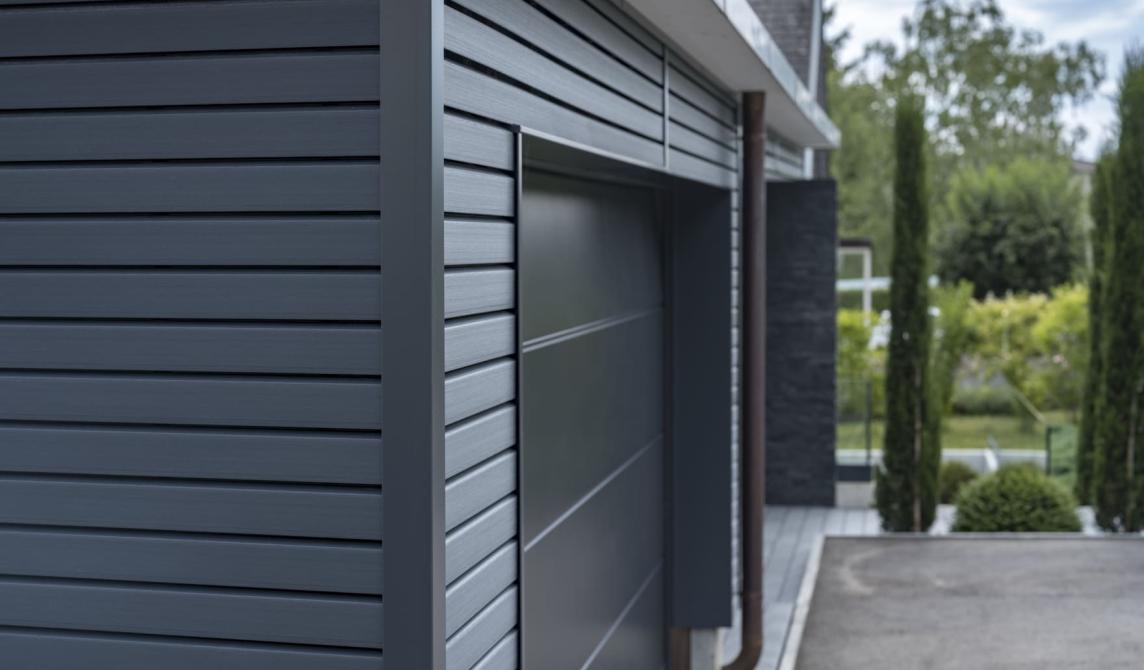
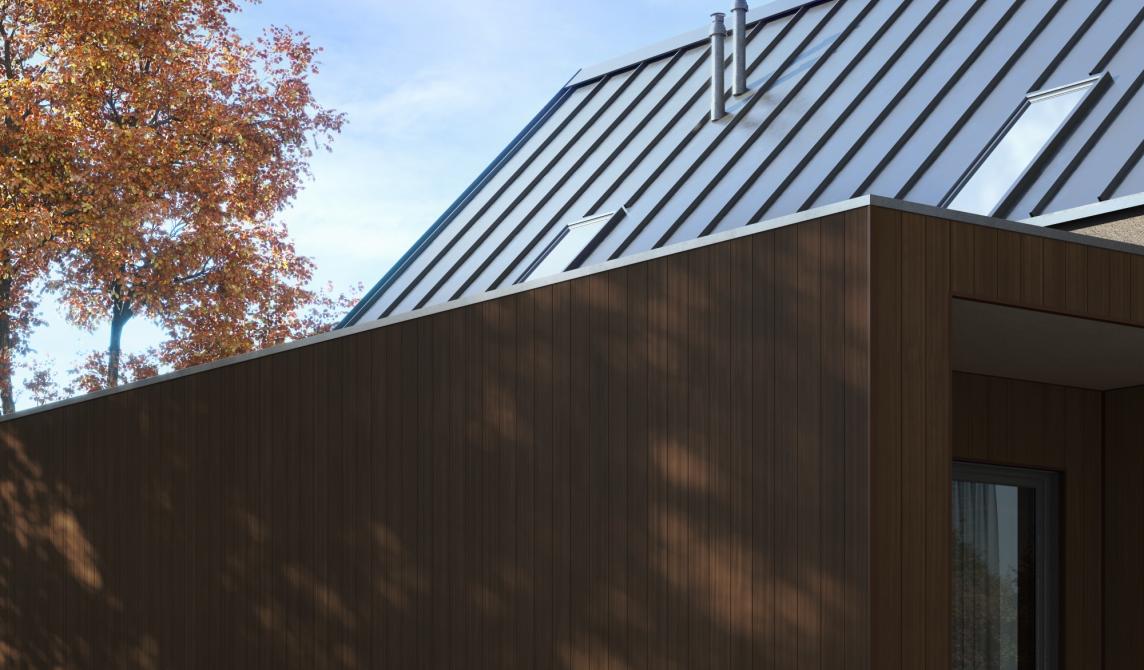
Lame bardage Atmosphère 175 brun Rio SIBARLAM2101
